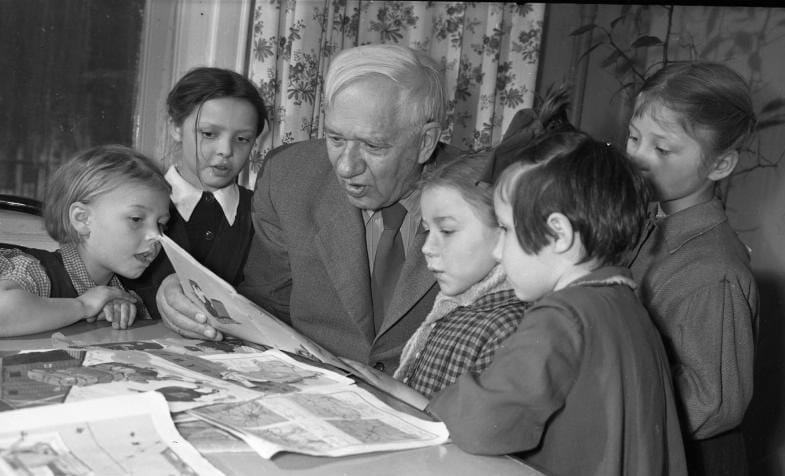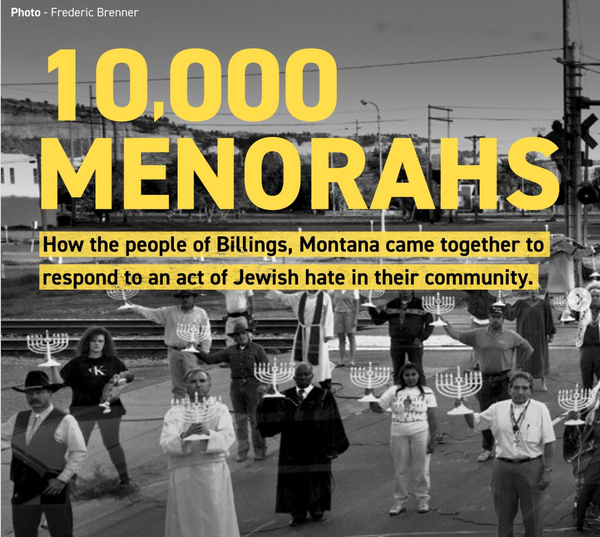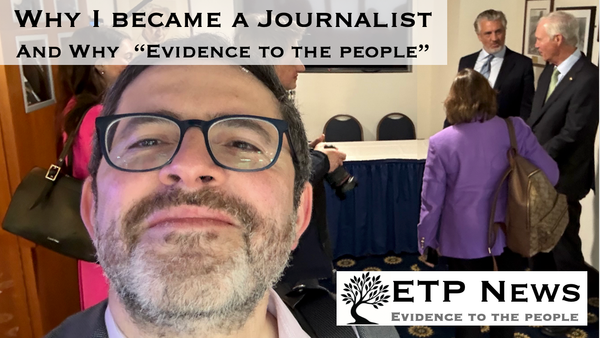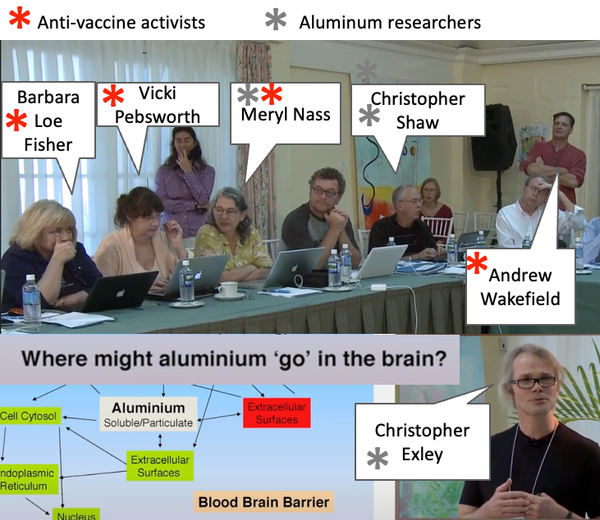We Are All Scared of Kennedy

Korney Chukovsky (pronounced cor-NEIGH choo-KOF-ski) is described as a “Russian Dr Seuss.” Born out of wedlock and kicked out of school for being of “lower class,” Chukovsky taught himself several languages and became the beloved founder of Russian children’s literature. In the 1960s he defended political dissidents such as Anna Akhmatova, using his tremendous reputation. One of his most famous poems, written in 1921, is Tarakanishe, or “Giant cockroach.” In it, happy existence of various (mostly large) animals is interrupted when a scary cockroach appears and threatens them with his dictatorial rhetoric. They all run and hide. Attempts at rebellion prove unsuccessful. Finally, a sparrow, oblivious to unfolding drama, comes and swallows the dictator.
This fairytale left a strong impression on me growing up. First, because I suffer from katsaridaphobia - intense fear of cockroaches (from Greek, κατσαρίδα (katsarída), cockroach and -φοβία (-phobia), fear). But mainly because I thought of this poem as an allegory for Stalin’s rule. (In fact, the poem predates Stalin’s rise to power and instead was inspired by the pervasive fear during World War I.)
I was reminded of Tarakanishe in light of our current public health crisis. Look around, and you will see our fear of Kennedy and his team.
You will see it in the deafening silence from the scientific community. Where are the autism experts speaking out against Kennedy’s proclamations of an “autism epidemic that started in 1989?” Where are the women’s health experts speaking out against Makary’s falsehoods about hormone replacement therapy (HRT)? In his bestselling book, Blind Spots, he incorrectly declares: “The data are clear: HRT saves lives.” He cites a 20-year-old article that was subsequently refuted. Bhattacharya was accused of publishing a “deeply flawed” anti-lockdown paper sponsored by an airline, an accusation he never fully rebutted. Yet The Washington Post considered them “credible scientists.” Makary recently repeated his HRT falsehoods in an FDA roundtable, in which several sycophantic experts, uncomfortably seated in a circle, agreed with him, looking straight into the camera.
You will even see fear in the most brazen Op Eds such as the one signed by nine prior CDC directors. Everything published by the media is carefully reviewed by their lawyers to make sure they cannot be sued for defamation. Certain topics are therefore taboo. One is talking about Kennedy’s “plans” - since planning to defraud the government is illegal, and calling it a “plan” would amount to accusing him of a crime (pardon my amateurish explanations which could be inaccurate). Two, any mention that Kennedy is motivated by money is stripped by the lawyers as well, unless it can be carefully and precisely documented, which we don’t have enough details to do. And three, current HHS employees are threatened by HHS lawyers not to “leak” lest they be criminally prosecuted for breaking confidentiality agreements that remain in force after they leave, according to confidential sources (this has not been reported for HHS, but has for other parts of the government). So even the people who resigned or were fired from the CDC cannot reveal the details of Kennedy’s plans.
And you will likely see fear, if you look closely, in the Senator's questions during Kennedy’s upcoming Senate hearings on Thursday. First, Congress has no power over Kennedy. He has not been responding to their ongoing questions, and there is nothing they can practically do to compel him to respond short of a lawsuit that will last years. And I know from a confidential source that Senators are scared of Kennedy.




